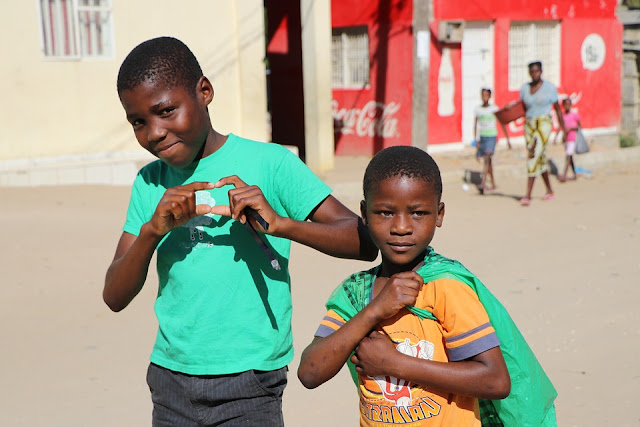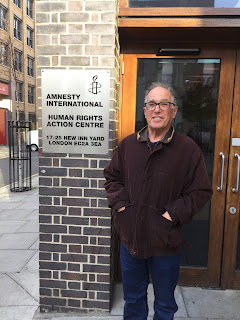Dr. Lewis Aptekar: Defining of Street Children
Dr. Lewis Aptekar is a clinical psychologist who, between 1987
and 2016, served as a Professor in Counselor Education at San José State
University’s Connie L. Lurie College of Education. He’s worked in approximately
thirty-five countries, and he’s spent many years observing the plights and
lives of street children in his travels.
In Dr. Lewis Aptekar’s “Street Children in the Developing World:
A Review of Their Condition,” he demonstrates his in-depth understanding of the
subject, shedding light on the compassion that led him to numerous humanitarian
efforts.
Early on, Lewis Aptekar explores the lack of a clear definition of
“street children.” All street children are not homeless, for example. In fact,
he states that up to ninety-percent of street children in some nations live at
home and work on the street to make a living for their families. Meanwhile,
others are forced to live on the streets exclusively. The term “street
children” refers to both groups and makes understanding this demographic
statistically a more difficult endeavor.
To exemplify the difficulty in defining and understanding the
street children demographic, Dr. Aptekar cites estimates of Colombian street
children, which range from 130,000 to 25,000. The difference in numbers, he
says, is caused by a change in definition. Similar scenarios happen throughout
Latin America and nations around the world.
In exploring these topics, Dr. Lewis Aptekar offers definitions,
solutions and insights that are of great interest to humanitarian workers
around the globe.
Would you like to continue learning about Dr. Lewis Aptekar’s
diverse career or peruse his published works? Interested readers can visit his author
page on Amazon for purchasing options or head to his personal webpage.







Comments
Post a Comment